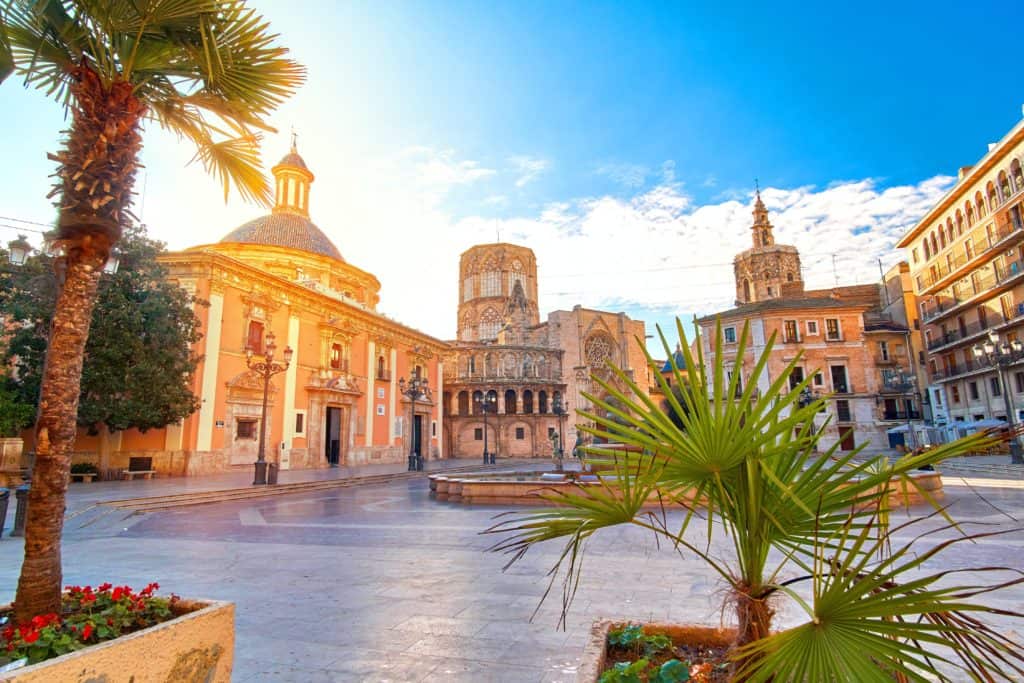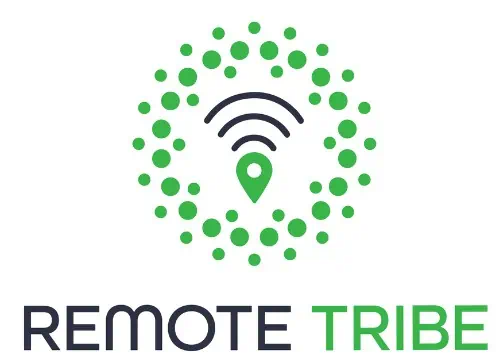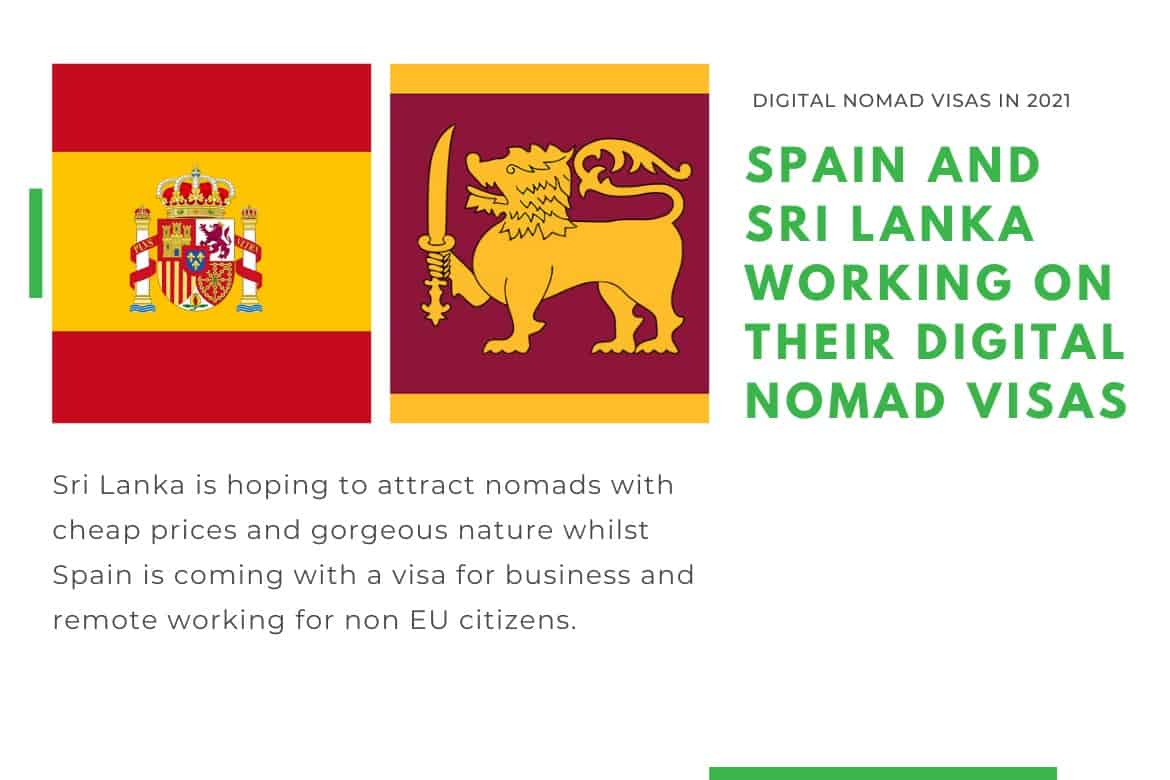Digital nomads feel “at home” when they travel, meet people and explore new places and cultures.
For this type of remote workers, there are two really important aspects of this lifestyle: the visa duration and taxation in the host country. For example, in theory, in a lot of countries you are not technically allowed to work, but you could go there as a tourist and work without the local government knowing. This is a sensitive topic and it is either tolerated or hard to check by local governments hence it is in a grey area.
The other problem that digital nomads face is the visa duration, which in some cases, can either get you in trouble or can make you spend a lot of money on fines and reneweals. Wouldn’t it be great if you could legally stay in a beautiful country and work legally for 6 months or even one year without any headaches?
One of the upsides of the COVID crisis is that more and more countries want to attract tourists back to get the spending going again and they are now well aware of the digital nomad and remote worker phenomenon.
Sri Lanka is the next country to announce they have started working on the development of a digital nomad visa for those who can work remotely.
Sri Lanka is a beautiful destination and is one of the best in the world in terms of value for money when it comes to goods and services. Many popular vloggers and digital nomads are moving there and had a lot of great things to say about Sri Lanka. Checkout this great review by Johnny FD if you want to see how life goes on this beautiful mythical island.
Sri Lanka Working On A Digital Nomad VIsa
Tourism Ministry received in July the Cabinet approval to promote Sri Lanka as a favourable destination for ‘digital nomads’, an effort that would assist the hard-hit industry to align with the new normal.
The programme set to lure travellers in this emerging segment will be rolled out by Sri Lanka Tourism Promotion Bureau (SLTPB). There is no clear date when this VISA will be available for digital nomads nor any details about it, but make sure to come back on our website to check the latest news.
The Sri Lankan Government is well aware and working on the minimum requirements that remote workers expect to have if they would move to Sri Lanka. Some of them are the availability of high speed internet, long term visas, affordable accommodation and tax exemption for earnings.
Sri Lanka Tourism is positioned well to promote the ‘work from your own tropical paradise’ concept and Sri Lanka Tourism recognising this is facilitating the expansion of the Digital Nomad market as part of its sustainable strategies.”
Sri Lanka Tourism Board Tweet
The new visa program is expected to position Sri Lanka as a top destination for digital nomads, a segment of people that has been rapidly growing due to the Covid pandemic.
After experiencing prolonged lockdowns and travel restrictions, people are embracing the ‘work from anywhere’ concept, with the requirements being a picturesque setting, cultural experiences, adventure and good wifi connectio
Sri Lanka Tourism Board Tweet
The Sri Lankan government will bet on the people living there to share their experiences during adventures with others on social media channels like Instagram and Youtube. This way, the hope is they will influence other fellow digital nomads and remote workers to come and experience the same fantastic landscapes and culture.
A few good reasons why you want to live in Sri Lanka as a Digital Nomad
There are so many reasons to visit Sri Lanka as a remote worker. The country scores high on the must have list for digital nomads like the cost of living, the quality of life and Internet speeds (not great, but getting better every day). Sri Lanka comes out well here, with relatively low living costs across the board and decent quality service.
However, probably the biggest incentives to live and work there are the endless white-sand beaches with pumping surf, the lush tropical jungle and misty mountain towns.The nature is absolutely stunning from the beach side of the island all the way to its tea plantations.
Moreover, there are Ancient World Heritage sites you can visit and safari plains where Asian Elephants and Leopards roam freely.
Would you like to take train rides through rolling tea plantations and vibrant explore the cultural heritage? Yep, that’s doable in Sri Lanka too.
People are also a big part of the experience. You will find the locals extremelly friendly and they will be happy to cook for you delicious meals, including the famous Sri Lanka curries like “Kukul mas curry” (chicken curry).
For a full guide on what to see, do and experience in Sri Lanka, make sure to check this really detailed guide from The common wanderer. Hopefully, this resources will convince you to visit and stay on this beautiful island as a digital nomad.

Spain announced in July they are also working on a Digital Nomad Visa

Spanish legislators have introduced a draft bill that would create a special visa for international digital nomads.
This is an initiative that would allow non-EU nationals to live, work and start a business in the country for up to a year.
The “Startups Law,” which was published by the Spanish government on July 6, would also offer personal income tax reductions for non-resident remote workers and tax incentives for startup companies and investors.
Supporters of the legislation hope it will encourage more foreign digital nomads and entrepreneurs to setup business operations in Spain.
Under the proposed law, foreign remote workers could obtain a special visa that allows them to live and work in Spain for up to 12 months. Workers who wish to stay longer can extend their visa for an additional 24 months.
Two main benefits of the digital nomad visa in Spain
- A new visa to enable digital nomads and remote workers to live and work in Spain, and use the country as their permanent base.
- A reduction in the standard rate of non-residents tax (IRNR).
The IRNR is a specific tax that targets any income that is earned in Spain by either individuals or companies who are not official Spanish residents.
Right now, you have to pay IRNR if you earn money during your time in Spain, but don’t stay in the country for more than 183 days at a time, and you cannot have been a tax resident of Spain in the previous 5 to 10 years.
If this law in discussion goes through, and becomes law in Spain, then we could see foreign remote workings living in Spain being added to the list of individuals who are able to submit their income for IRNR, and the requirement that you not have registered for tax in the country before will be removed. In order to be eligible for this scheme, you would have to prove that you are an international remote worker with an established income that you earn via digital means.
The current IRNR rate for individuals earning annual incomes of up to €600,000 is 24%. If the new bill is goes through, then that figure will drop to 15% for up to four years. The currently IRBR rate for individuals earning annual incomes of over €600,000 is 47%, and that figure will remain unchanged.
When can we expect the digital nomad Visa for Spain?
At this stage, the law is in draft stage only. Before arriving in Congress, it must be submitted for public consulatation. The new law will be introduced when these steps are completed successfuly , but there is no forecast date or deadline for this at this stage.
Other countries and cities have recently announced digital nomad visas in order to attract non-national remote workers. Some of these including Curacao, Dubai, Estonia, Greece and Spain. For a full list of the teritories that offer a digital nomad visa (as of July 2021), please check out this article here.
Digital nomads are seen as a premium category of tourists due to their income in strong currencies like the US dollar or British Pound and their long term staying habits.
Hence, the governments are aware they leave more money into local economies than short-term vacationers and this is a reason good enough for them to start offering this kind of visas to expats.
Some of the fastest-growing careers for remote workers include , digital marketing, customer service, tutoring and education consulting, workplace diversity, translation, and cybersecurity according to Forbes.









